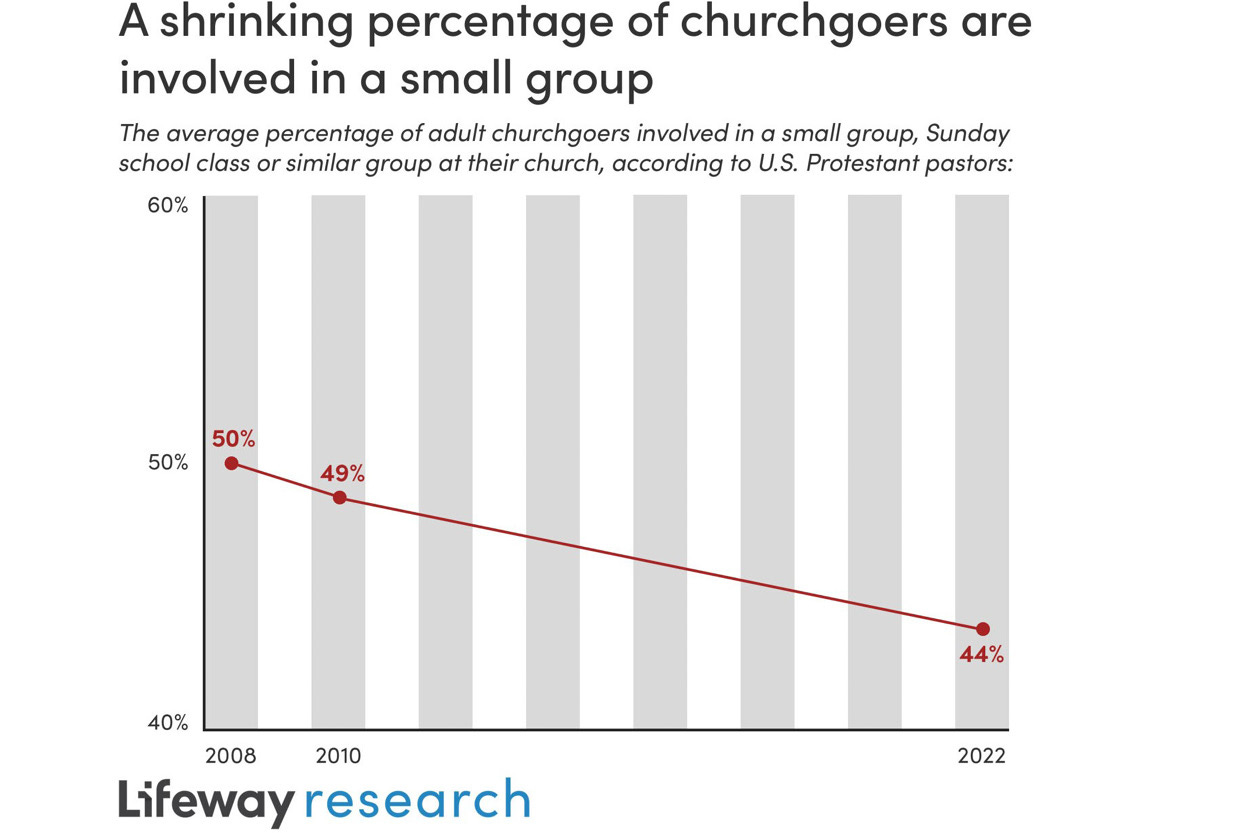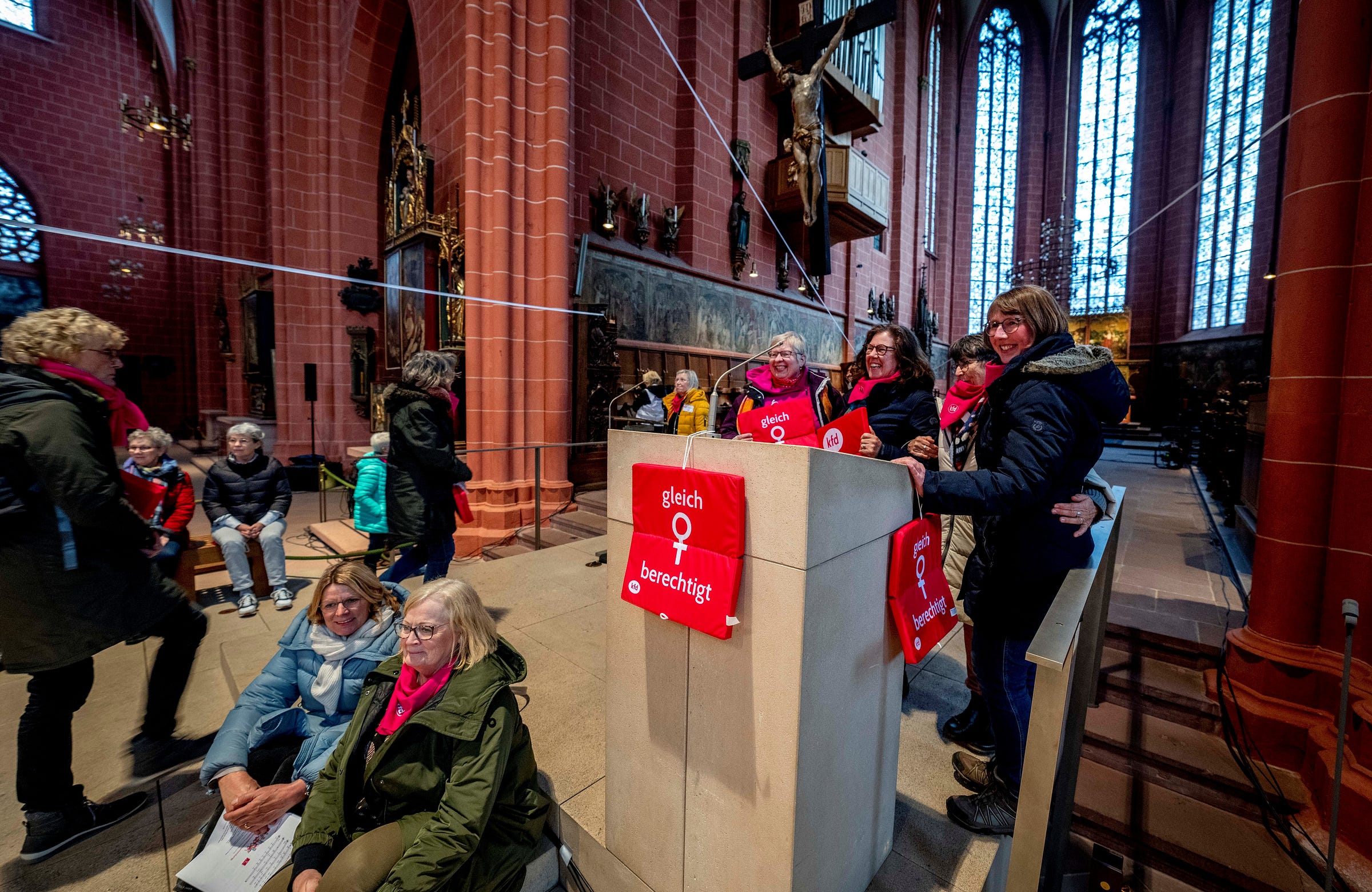Word&Way News: March 10
Here’s the weekly roundup from Word&Way. In addition to a look at problematic biblical interpretation that is free for anyone to read, paid subscribers to A Public Witness received a call to turn off cable news (especially Fox News).
Support our journalism ministry by upgrading to a paid e-newsletter subscription today!
Top 5 at wordandway.org
The Missed Step. Sarah Blackwell argued that in our emphasis over the last four decades to tell our girls that they could be anything they want to be, we missed a critical step: we forgot to liberate the boys as well.
Presuming to Hate What God Hates. Rodney Kennedy challenged the bad religion of blaming our hatred on God.
Review: The Desert of Compassion. Robert D. Cornwall reviewed The Desert of Compassion: Devotions for the Lenten Journey by Rachel M. Srubas.
Baptist Joint Committee Gains Faith and Justice Center, Grows Religious Liberty Work. Adelle M. Banks reported on a growing effort to address racism.
Facing the Threat to Public Education. Wendell Griffen connected attacks on public schools in Arkansas, Florida, and other states to similar efforts in the past.
Dangerous Dogma
This week: William Yoo on What Kind of Christianity
Other noteworthy podcasts this week:
Beth Moore appeared on NPR’s Book of the Day to talk about her new memoir, misogyny, and leaving the Southern Baptist Convention.
Aaron Koller was the guest on The Bible for Normal People to talk about the biblical book of Esther.
by Brian Kaylor, Word&Way Editor-in-Chief
Last year, Trump lawyer Jenna Ellis attacked A Public Witness after a report I wrote that noted her false claims about the 2020 presidential election. Ellis, one of the main lawyers who led the effort to overturn Joe Biden’s win, responded by calling us “a bad actor.”
Turns out we weren’t the ones acting in bad faith.
On Wednesday (March 8), Presiding Disciplinary Judge Bryon M. Large, who oversees discipline cases involving lawyers in Colorado, officially censured Ellis. The move came after Ellis admitted to the court that she made multiple false claims about the 2020 election and agreed to pay fees related to the investigation into her misconduct.
In the censure ruling, Judge Large criticized Ellis for having “repeatedly made misrepresentations on national television and on Twitter” that “undermined the American public’s confidence in the presidential election, violating her duty of candor to the public.” He also noted Ellis acted “with at least a reckless state of mind” and “had a selfish motive and she engaged in a pattern of misconduct.” Thus, he explained, Ellis violated a rule of the Colorado Bar Association that “provides that it is professional misconduct for a lawyer to engage in conduct involving dishonesty, fraud, deceit, or misrepresentation.”
Bad actor, indeed!
But it’s worse. It’s not just that Ellis lied. It’s that she does so while also touting her Christian faith. As she said last year in one of her attacks on us: “My Christian faith is what I talk about most because at the end of the day, proclaiming Christ is all that matters.” But why would people trust her when she speaks about the Truth when she admittedly lied repeatedly in an effort to overturn a democratic election? Bad actors can lead to bad religion.
Survey Says…

Other News of Note
Doug Mastriano, perhaps the most prominent politician last year pushing Christian Nationalism, lost his gubernatorial bid in Pennsylvania. But he told Politico he’s now “praying” about running for U.S. Senate next year.
As a Presbyterian pastor in North Dakota prayed to start a day in the state’s Senate, two lawmakers stood and turned their backs in protest as the pastor prayed about God creating a “diversity” of people with “differing colors, genders, races, ethnicities, and language.”
Tim Dickinson of Rolling Stone reported on a controversy in the Lutheran Church—Missouri Synod over the effort by a proponent of White Christian Nationalism to “save” the denomination.
North Peoria Church of Christ in Tulsa, Oklahoma, won a grant to study the possibility of removing part of Interstate 244, which tore through a historic Black neighborhood during construction in the 1960s.
“The slave laborers that produce sacramental wine today are the same ones who built churches in the past. … Not to mention the gold that decorates so many churches and was also extracted by slaves.” —Father David Santos, a longtime Catholic champion of racial equality in Brazil, after the Brazilian Catholic Church banned the use of wine for Mass from three producers accused of using enslaved labor. Santos praised the decision by the bishops but pushed them to do more to repair the damage from the past.
Based on information leaked by a whistleblower, a member of the Australian Parliament accused Hillsong Church of lavish personal spending in violation of Australian laws (which adds to other scandals involving the church’s leadership).
In light of Tennessee banning drag shows, Bill Haltom wrote for the Knoxville News Sentinel about how attending a drag show at his Baptist church decades ago as a child did not traumatize him.
Miguel A. De La Torre wrote for Good Faith Media about God and gender: “What Are the Correct Pronouns for God?”
The Israel Antiquities Authority said an inscription initially hailed as historic for referencing King Darius of the Bible is “not authentic.”
A mass grave found in Williamsburg, Virginia, is believed to be linked to a Civil War battle and is near the former site of a Baptist church used during the battle as a hospital.
Kristin Du Mez wrote at her Substack newsletter Connections about endorsements on books and why they can be problematic.
Photo of the Week

Thanks for reading!





